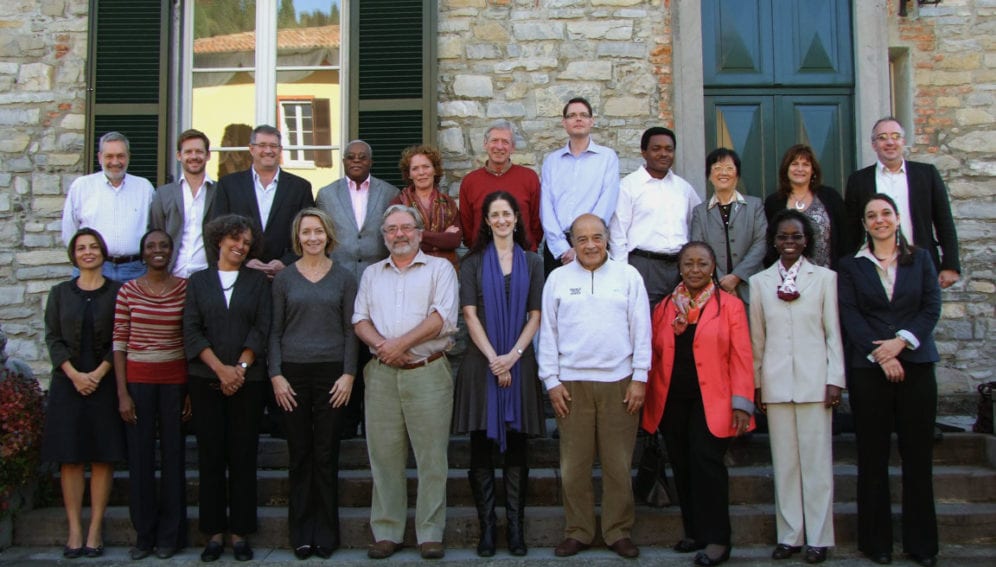By: Andrea Rinaldi
Send to a friend
The details you provide on this page will not be used to send unsolicited email, and will not be sold to a 3rd party. See privacy policy.
A new guide aims to shift the control of benefits coming out of research collaborations from the hands of developed to developing nation partners, by empowering them with know-how in drafting cooperation contracts.
The publishers hope it will lead to fairer research contracts through highlighting key issues that research organisations in low- and middle-income countries (LMIC) should consider when entering into research partnerships, especially with partners form high-income countries.
"LMIC institutions are increasingly capable of conducting research and innovation to improve their population health outcomes,” co-author Debbie Marais, a research and development officer at Council on Health Research for Development (COHRED), which published the guidance last month (June).
"Such research is often conducted in the context of research partnerships, with high-income sponsors, with other LMIC institutions in South-South collaborations or with private sector partners."
The guidance covers intellectual property rights, ownership of data and samples, capacity building and technology transfer, compensation for indirect costs and the legislative context of research contracts.
“The playing field in global health research partnerships needs to be levelled. We are confident the document will help move such partnerships in the right direction.”
Carel IJsselmuiden
In COHRED's view, these issues can hinder or promote equitable collaboration depending on how they are handled in the contract. A fundamental goal of such collaborations should be to enhance sustainable research and innovation systems in developing nations, it says.
"While previous work often called on the high-income country partner to follow general principles of fair partnership, this document aims to show how to shift control of research benefits to the LMIC partner. This is an essential difference," Carel IJsselmuiden, COHRED's executive director, tells SciDev.Net.
"The playing field in global health research partnerships needs to be levelled. We are confident the fair research contracting document will help move such partnerships in the right direction, by [enabling them to] develop tools that place contracting knowledge and skills directly in the hands of institutions and governments that currently have limited expertise in this area."
Designed to be a practical approach to fair research contracts negotiation, the guide provides examples of good practice for each area discussed, as well as tips and key references on where to go to find out more.
"Our fair research contracting initiative moves the focus on fair partnerships to fair contracts, as we believe that the negotiation of fair contracts is critical for ensuring that the benefits of research collaborations are equitably shared," says Marais.
She adds that COHRED hopes the guidance will help institutions and governments in the developing world to define partnerships and contracts on their own terms. "This self-sufficiency is what constitutes real development," she says.
Konji Sebati, director of the Department of Traditional Knowledge and Global Challenges at the World Intellectual Property Organization, tells SciDev.Net that the guide fills a huge gap and will ensure that contractual agreements are equitable.
She adds that it will give users a "deeper understanding of the issues entailed in the contract and the ability to ask the right questions before signing up".
Sebati says that developing nations have been participating in collaborative research for years, "but mostly for the science itself".
"[They] have never paid much attention to issues pertaining to the distribution of post-research benefits, like data ownership and the associated intellectual property," she says.
Marais says: "COHRED will continue to move forward with the fair research contracting initiative over the next year, expanding on and adding to this guidance document as it begins to be more widely used".














